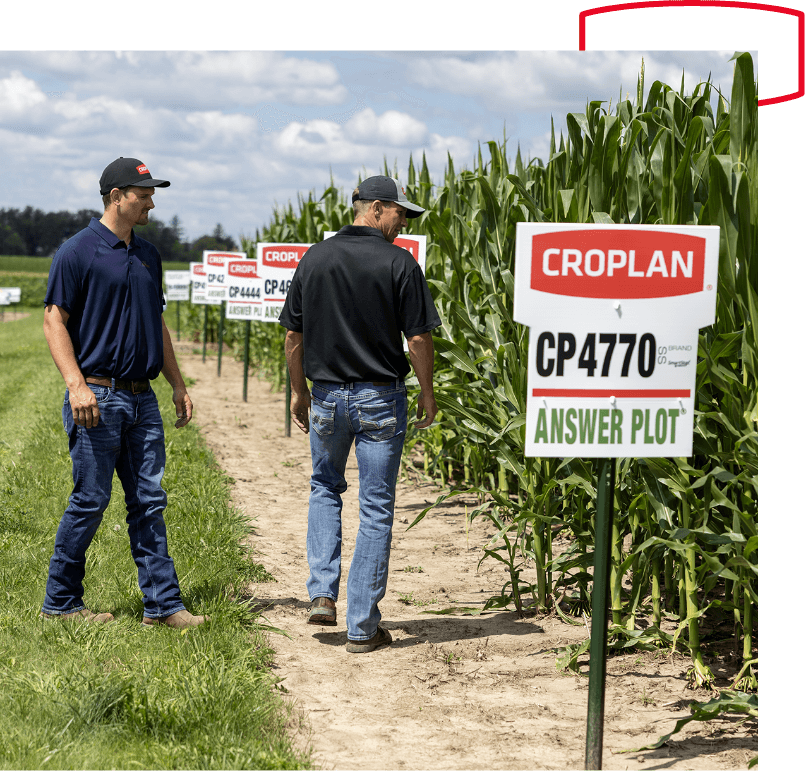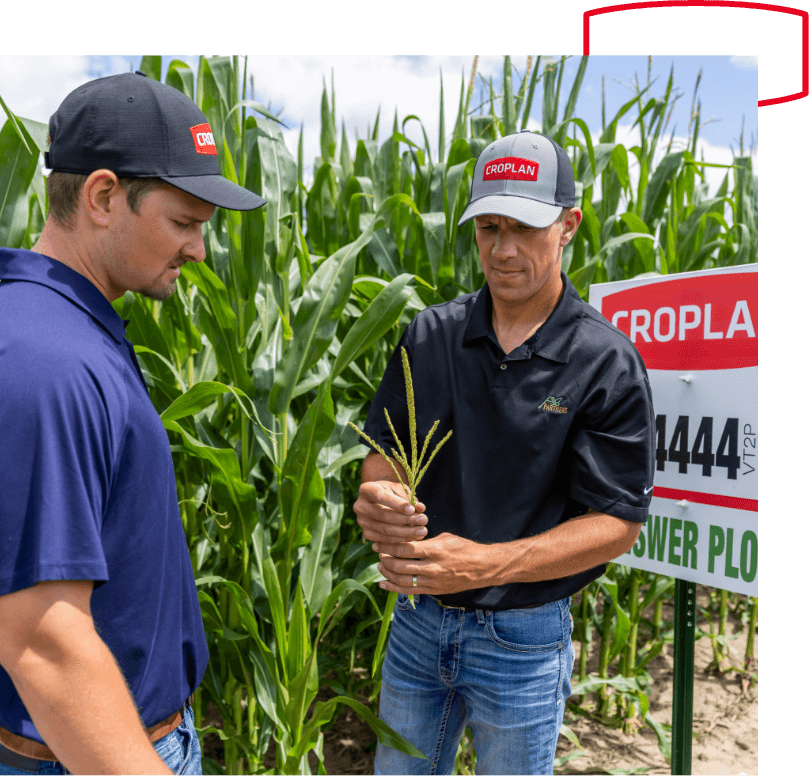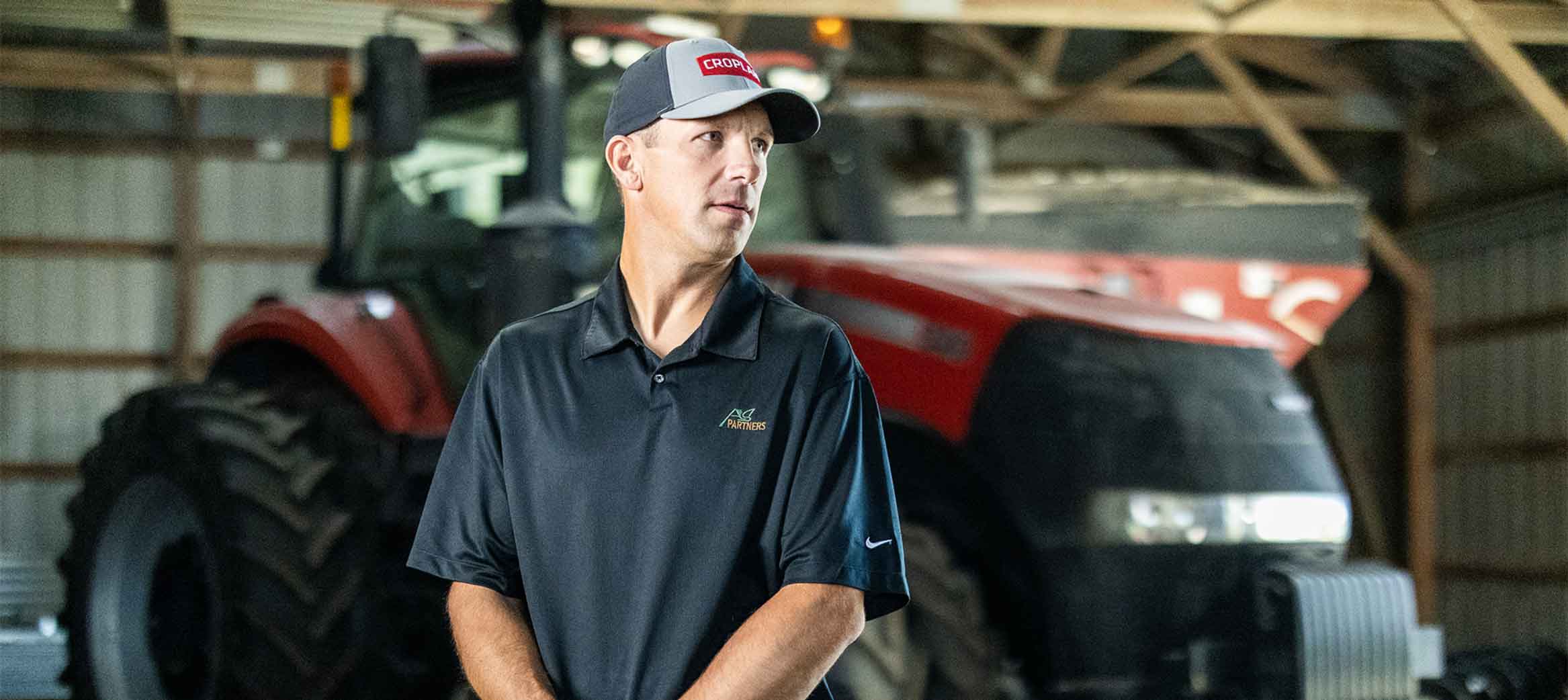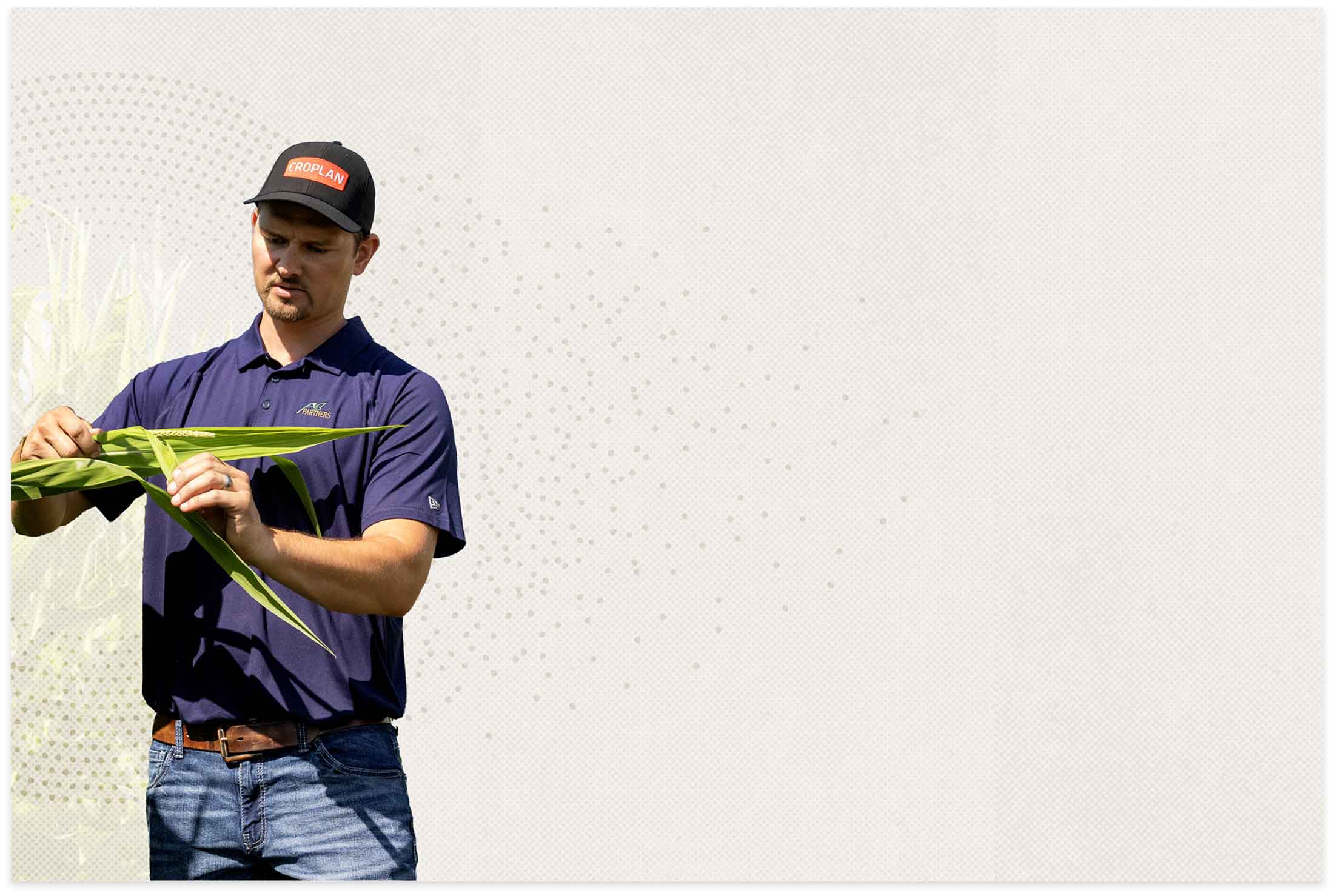
PLAYING THE DATA GAME
They say that seeing is believing. That’s especially true in farming. Just ask Zach Hinsch, a third-generation farmer at Hinsch Farms in Goodhue, Minnesota.
Yet, when it comes time to make seed decisions every season, Hinsch still finds himself sifting through piles of yield claims and performance data from seed companies. Company X boasts that its seed delivered more bushels than Company Y’s. Undeterred, Company Y counters with data that shows that their hybrids enjoy a yield advantage over Company X. And don’t forget about Company Z, they outyield both X and Y.
HUH ?
“Are we looking at that seed company’s best hybrids against the
other seed company’s worst hybrids or older hybrids? When we look at yield data, we want to start with
seeing every company’s best performing hybrids in head-to-head comparisons.” Hinsch grows corn and soybeans
exclusively, planting corn on two-thirds of his acres. His rotation consists of two-year corn and one-year
soybeans. He says that rotation has enabled him to keep diseases at bay and increase his soybean yields, but
also take advantage of today’s high-performing corn-on-corn hybrids to maximize his corn yields. So, if he’s
not relying on yield claims, how does Hinsch pick which high-performing corn-on-corn hybrids make it into
his fields each season? He admits there was a bit of a learning curve.
It can be hard to decipher data from different seed companies – every company has a way to sell their products, says Schaefer.
”“And there’s more data available to growers than ever before, and every grower is different with how they want to use it on their operation. At Ag Partners, we have our own precision platform, called Advanced Yield Systems, where we can plug in tons of data from lots of different companies and use it to kind of knock out some of the noise.”
FROM THERE, THINGS GOT LOCAL, AND HINSCH WAS ABLE TO LEVERAGE ANOTHER TOOL AVAILABLE TO SCHAEFER AND AG PARTNERS AS A DISTRIBUTION CHANNEL FOR CROPLAN® SEED.
“CROPLAN seed has a great system in their Answer Plots® program,” says Schaefer. “Our closest Answer Plot location is just a couple miles away from our facility. So, we’ll take a lot of growers like Zach out to the Answer Plot site throughout the season and look at different ways of producing that crop so they can get a sense for how things might work in their own fields.”
The Answer Plot program from WinField® United consists of locations all across the U.S., each testing and retesting a variety of top-performing seed in local soils. In their local Answer Plot location, Schaefer and Hinsch can evaluate standability, emergence and disease tolerance, as well as how hybrids respond to inputs including fungicides, higher nitrogen levels and higher fertility levels. They can evaluate not just how CROPLAN hybrids are performing, but also other brands, under the same conditions.

“We utilize the Answer Plot system to help us make hybrid decisions, and a big part of that is looking at their response-to scores,” says Hinsch. “The Answer Plot trials do a great job of showcasing hybrids’ response to nitrogen, response to fungicides and response to population scores so we can evaluate what the best rate of nitrogen is to apply, if we should be applying a fungicide or not, and what the best seeding rate is.”
For example, this season, many farmers in Hinsch’s area fought heavy spring rains. The response-to nitrogen scores have proven especially useful in helping inform how many pounds of nitrogen were optimal in those conditions.
Growers can also get a close-up look at the newest traits from across the industry.
“Having access to local data on the latest traits is huge,” says Schaefer. “We’re fighting weed resistance. We’re fighting different insects. We need every trait we can get and it’s important that we understand how they’ll work in our area so that if there’s a new weed problem that we need to target with a different herbicide, we’re ready to help our farmers do that quickly.”







THE BEST PROVING GROUNDS ARE A FARMER’S GROUND.
The best proving grounds for any seeds’ performance will always be a farmers’ fields. And CROPLAN seed has shined in Hinsch’s fields and across Schaefer’s territory in southern Minnesota.
“CROPLAN seed has really found a good niche in our area, filling gaps where other companies have kind of neglected,” says Schaefer. “Farmers are buying more and more all the time.”
This season, Hinsch predominantly planted CROPLAN’s CP4444VT2P and CP3980VT2P, both VT DoublePRO-traited hybrids. “We’ve planted 4444 for many years, and it’s performed very well for us,” says Hinsch. “We also really like 3980, which is a racehorse hybrid that performs very well in high-management situations.”
Consistent performance in these proving grounds can make a retail agronomist’s job a little easier.


Count Hinsch as one of those growers.
“CROPLAN seed has performed very well in our fields,” says Hinsch. “Its disease tolerance, standability and overall yield potential has really impressed me. No doubt, we will be purchasing more seed from CROPLAN.”
STORIES FROM THE FIELD
CROPLAN takes your success personally because our loyalty is to you and your fields, so naturally, we love to share the stories of how fellow free thinkers are finding success in the field. Here’s a few of our favorites.
CHERRY PICKING
Who doesn’t like to pick from the best of the best? When developing new seed products, it can be a real advantage for growers.
THE TRUST FACTOR
Farming forces tough decisions every season. A trusted advisor can help turn sleepless nights into more potential bushels per acre.




